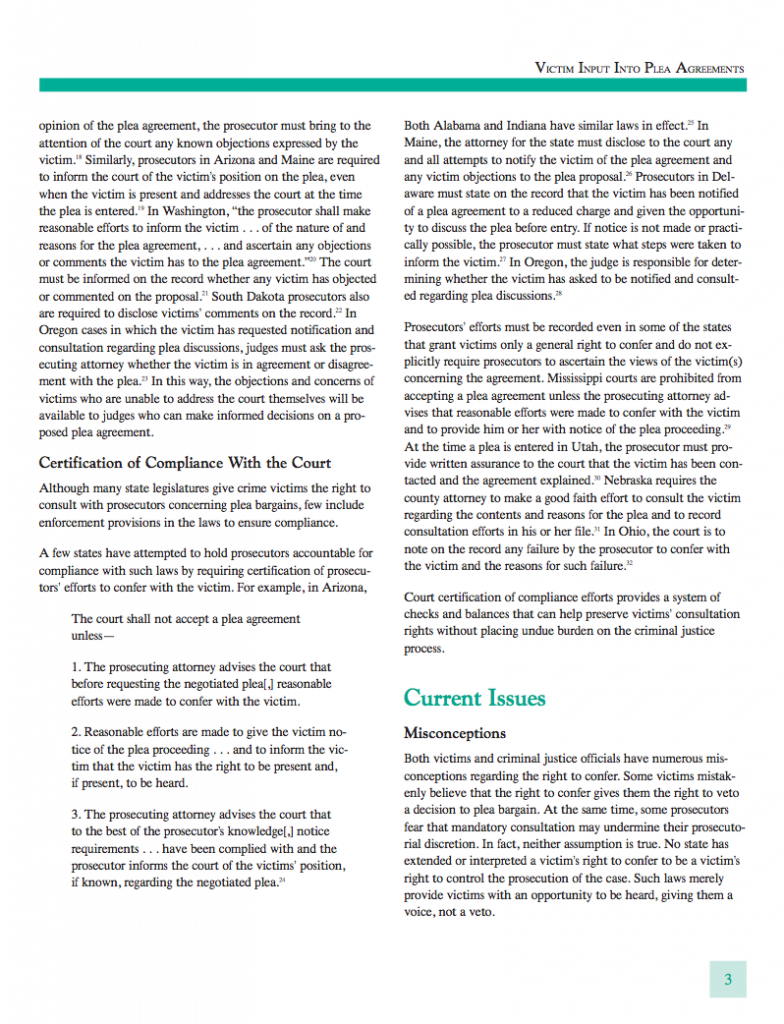Key Principles of Unlawful Law: Supposition of Innocence and Burden of Proof
Unlawful legislation is a essential facet of any type of lawful system, as it creates the guidelines and guidelines controling unlawful acts and their effects. It is created to safeguard people and maintain social order by providing a framework for establishing regret or virtue. Within illegal legislation, there are two crucial guidelines that play a vital duty in guaranteeing justice: the presumption of virtue and the trouble of proof.
The anticipation of purity is a vital principle in unlawful law that keeps an accused individual upright until proven guilty. This concept stems from the view that it is better to permit a responsible person go complimentary than to convict an innocent one. It positions the burden on the district attorney to verify beyond a realistic doubt that the charged devoted the unlawful act. Until such verification is supplied, the indicted need to be thought innocent.
This principle has actually its roots in several lawful bodies throughout various cultures throughout record. The supposition of purity provides as a shield versus wrongful judgment of convictions and shields people from random condition electrical power. It ensures that before someone can be deprived of their freedom or subjected to penalty, their sense of guilt have to be developed by means of fair and neutral proceedings.

The anticipation of virtue likewise assists sustain public assurance in the justice unit by marketing count on and justness. When individuals strongly believe that they are going to be managed rather when facing criminal cost, they are even more very likely to work together with rule enforcement authorizations and value judicial selections.
Nevertheless, it is crucial to keep in mind that while an individual enjoys this supposition during the course of test procedures, it does not prevent analytical authorizations from believing or jailing someone located on acceptable premises. The presumption applies once professional charges have been took against an person.
The 2nd vital concept very closely associated along with the supposition of innocence is the worry of evidence. In criminal cases, it drops upon the prosecutor to present evidence setting up sense of guilt beyond a practical doubt. This indicates that there must be no other reasonable illustration feasible based on this proof except for concluding that the indicted committed the criminal activity.
The problem of verification is a substantial task that the prosecutor should satisfy to secure a sentence.
Try This offers as a check on the energy of the state and guarantees that individuals are not unjustly disciplined located on plain suspicion or guesswork. The prosecutor have to deliver convincing proof that leaves no sensible hesitation about the sense of guilt of the indicted.
The specification of proof required in criminal instances, beyond a affordable uncertainty, is intentionally high. It mirrors society's recognition that it is far better to allow guilty people go free of cost than to found guilty innocent ones. This typical functions as a buffer against wrongful sentences and secures individuals from prospective abuses of electrical power through authorizations.
It is essential to keep in mind that the burden of proof certainly never moves coming from the district attorney to the defense. The accused does not have an responsibility to show their innocence; rather, they possess the right to challenge and question the evidence provided against them. They can offer their personal evidence or rely on cross-examination approaches to cast uncertainty on the prosecution's instance.
In final thought, two crucial guidelines develop the structure of unlawful rule: presumption of innocence and trouble of evidence. These principles work with each other to ensure fairness and fair treatment within lawful devices worldwide. The supposition of virtue secure people' liberties through guaranteeing they are thought about innocent until confirmed bad beyond a realistic hesitation. The problem of verification places an commitment on the district attorney to provide convincing evidence establishing regret, therefore safeguarding people coming from wrongful sentences. By maintaining these guidelines, unlawful rule tries for fair treatment while keeping social assurance in legal devices throughout different jurisdictions worldwide.
UNDER MAINTENANCE

